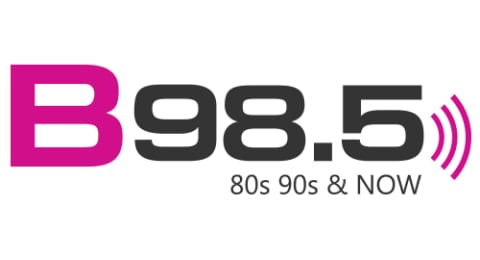A clinical trial studying severe allergic reactions in the U.K. is being called “life-transforming.”
Five United Kingdom National Health Service (NHS) hospitals are participating in the £2.5 million ($3.2 million) trial to help patients live with their food allergies.
The study is being funded by the Natasha Allergy Research Foundation, Sky News reported. The foundation was formed in the memory of Natasha Ednan-Laperouse, who died in 2016 after eating a baguette that had sesame in it.
The foundation has corporate partnerships with companies such as Burger King, Lidl, Uber Eats, KFC, Domino’s and Kellogg’s, among others.
The trial is studying clinical oral immunotherapy treatments in which patients are given small doses of the food to which they are allergic to build up their tolerance. The food is given under medical supervision by trained staff, The Telegraph reported.
The study has 139 people participating who have allergies to peanuts or cow’s milk. They range in age from 2 to 23 years old, the BBC reported.
The Food Standards Agency said 2 million people in the U.K. have a diagnosed food allergy. In the U.S., about 5.5. million children have a food allergy, the National Institutes of Health reported.
The Mayo Clinic lists the following symptoms of a food allergy:
- Itchy mouth
- Hives
- Itchy skin
- Eczema
- Swelling of the lips, face, tongue or throat, or other parts of the body
- Wheezing, nasal congestion or trouble breathing
- Stomach pain
- Diarrhea
- Nausea
- Vomiting
- Dizziness
- Fainting
There is also anaphylaxis which, according to The Mayo Clinic, could be life-threatening. Those symptoms include:
- Constriction or airway tightening
- Swollen throat, or feeling like you have a lump in your throat, making it difficult to breathe.
- Sudden, severe drop in blood pressure
- Rapid Pulse
- Dizziness, lightheadedness or loss of consciousness.
One 11-year-old who was diagnosed with a severe peanut allergy when he was an infant can now eat six peanuts.
A 5-year-old with a milk allergy can drink 120 ml of milk every day and can enjoy a daily hot chocolate, the BBC reported.
“To have a patient who has had anaphylaxis to 4mls of milk to then tolerate 90mls within six to eight months is nothing less than a miracle,” Sibel Donmez-Ajtai, a pediatric allergy consultant and principal investigator at Sheffield Children’s NHS Foundation Trust, said, according to Sky News.
The final results of the study are expected to be released in 2027.
Similar studies have been conducted in the U.S. To find one, visit FoodAllergy.org.
Earlier this year, the NIH released the findings of a study of an antibody treatment that would help children consume allergy triggers safely.
© 2024 Cox Media Group





